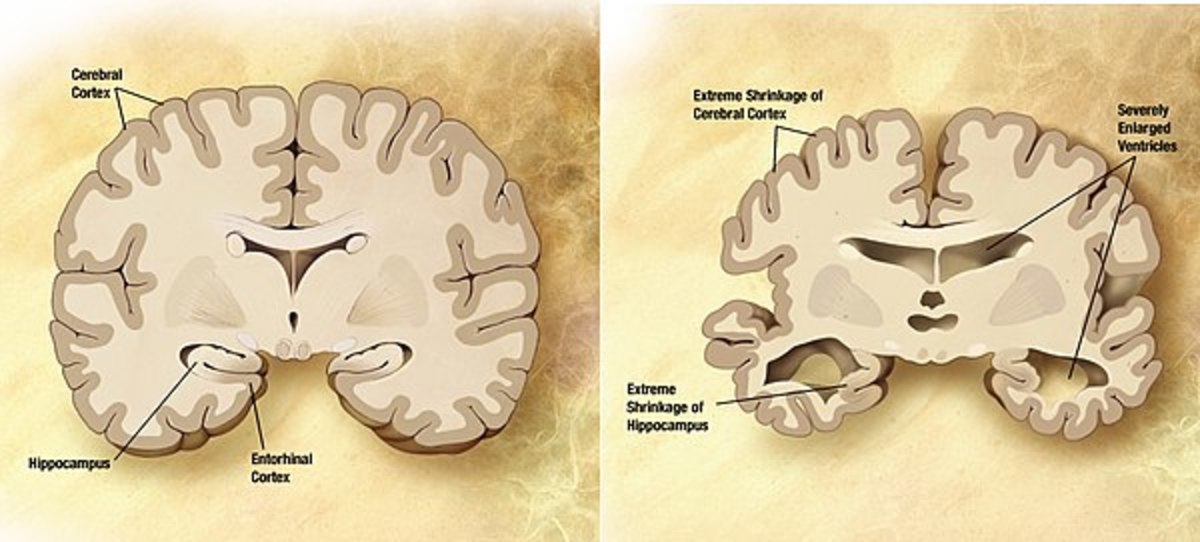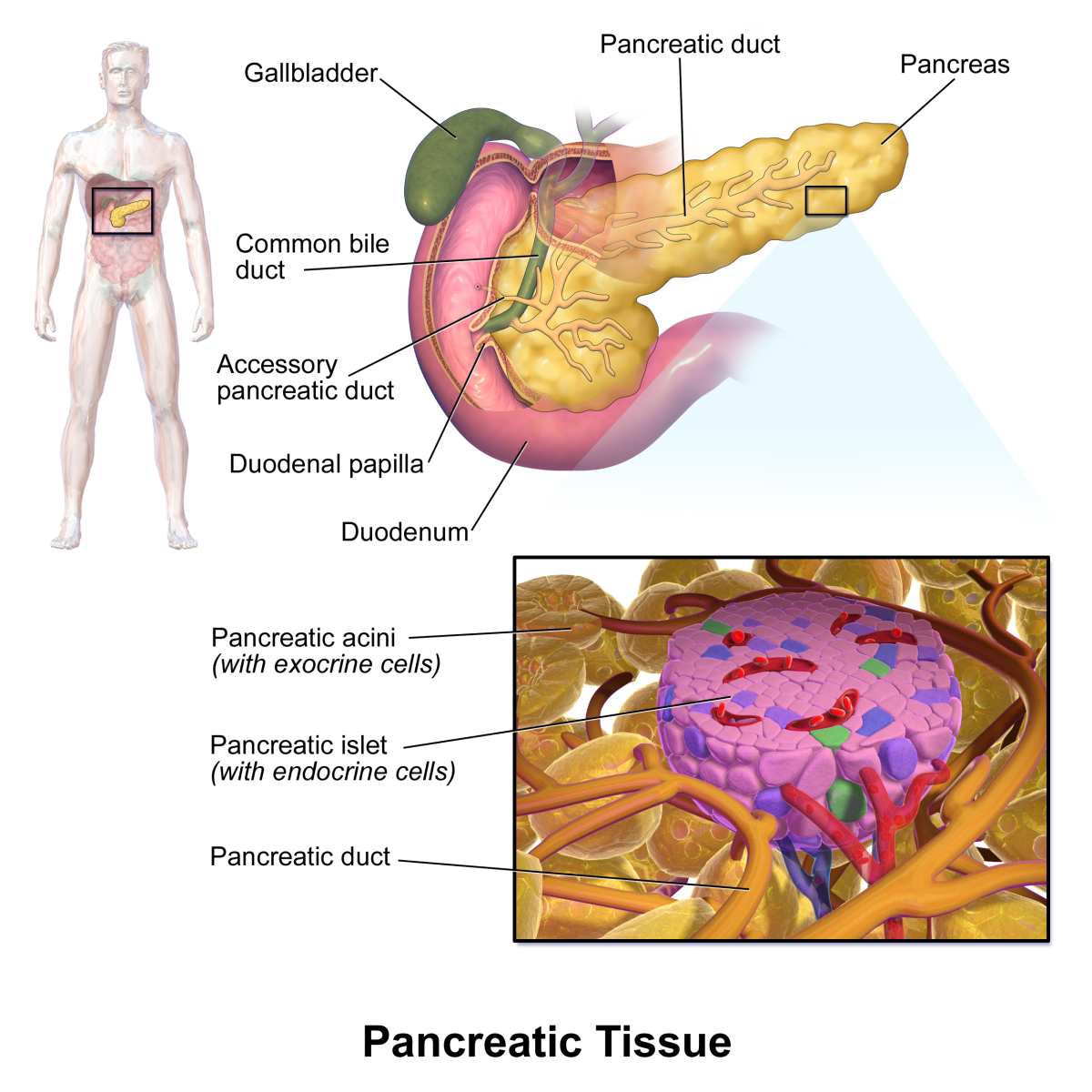New approach might strike at the core of Alzheimer’s disease
Compound could slow amyloid beta production
By finding a way to stick an enzyme-inhibiting molecule to the membrane of a cell, scientists may have devised the framework for an Alzheimer's drug.
Researchers discovered the enzyme beta-secretase in 1999. Identifying it opened up a new line of attack against Alzheimer's because beta-secretase makes a peptide implicated in the disease. Just as detectives sometimes put the squeeze on small-time crooks in hopes of weakening a crime ring, researchers reasoned that inhibiting beta-secretase could neutralize the real Alzheimer's suspect - the peptide known as amyloid beta.
But it hasn't been easy. While scientists have made many beta-secretase inhibitors, the free-floating compounds haven't knocked down amyloid beta production consistently.
A research team in Germany has now synthesized a compound that anchors a beta-secretase inhibitor to the membrane of a cell using a sterol molecule. With nowhere to roam, the inhibitor portion of the compound thwarts beta secretase's activity. When tested in mice, the strategy halved amyloid beta production, the researchers report in the April 25 Science.
The finding represents a preliminary step, cautions study coauthor Kai Simons, a physician and cell biologist at the Max Planck Institute of Molecular Cell Biology and Genetics in Dresden. But the results show that the sterol-coupled enzyme inhibitor stays in a cell, which may be necessary to keep amyloid beta production in check, he says.
"This is a very elegant study. They actually ... targeted specific sites of action in the cell," says Kumar Sambamurti, a microbiologist at the Medical University of South Carolina, in Charleston, who didn't participate in the research. "The very idea is novel and exciting."
While the precise cause of Alzheimer's disease remains unclear, amyloid beta is without question a prime suspect. Amyloid beta forms when beta-secretase cuts up a larger molecule called amyloid precursor protein. Abnormal accumulations of amyloid beta routinely show up in the spaces between brain cells of patients. These clumps seem to jam signals transmitted between neurons and may contribute to the death of these primary brain cells.
In the new study, the researchers found that the sterol-anchored enzyme inhibitor slowed beta-secretase cleaving in lab cultures of human cells.
Next the scientists tested it in fruit fly larvae genetically engineered to produce beta-secretase and amyloid precursor protein, neither of which the flies make normally. Only 1 percent of such larvae typically hatch, suggesting a detrimental effect. But when fed the sterol-anchored beta-secretase inhibitor, up to 9 percent of larvae hatched.
To gauge an effect in mammals, the scientists injected the sterol-anchored enzyme inhibitor directly into the brains of mice that were engineered to make excess beta-secretase. Mice given the enzyme inhibitor made half as much amyloid beta as mice injected with an inert substance.
Such partial suppression might be better than totally squelching amyloid beta production, Simons says, since the peptide in normal concentrations may play a useful role in the brain.
He says the next step will entail finding a method in animals to get the sterol-coupled enzyme inhibitor into the brain without injecting it, possibly through food. That poses problems since the barrier surrounding the brain is notoriously difficult to traverse.
"The blood-brain barrier is the million dollar question," Sambamurti says.
Simons agrees. Theoretically, if an enzyme inhibitor in pill form could reach neurons, it might slow amyloid beta production enough to allow normal metabolic processes to thin out an overabundance of the substance, he says. There are currently no drugs that reverse Alzheimer's disease.
But tests in people are still five to 10 years off, Simons says, and would first require further successes in animal tests.
Meanwhile, the sterol-coupled enzyme inhibitor compound has no name, and the authors haven't divulged what the inhibiting component is. Although no beta-secretase inhibitors have reached human trials, a compound that thwarts a related enzyme is currently being tested in people







